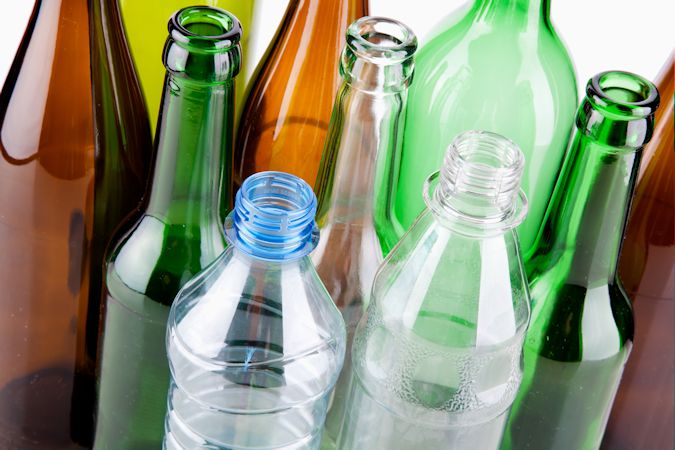The SLTA has made its final submission to the Scottish Government’s Deposit Return Scheme (DRS) Consultation, which closed on December 10.
In recent months, the SLTA has been ensuring that the views and concerns of the licensed trade regarding DRS have been relayed to the Scottish Government – the trade association is represented on both the DRS Implementation Advisory Group and the DRS Retail Group.
While the SLTA welcomed confirmation from the Scottish Government that the Scottish on-trade would not be expected to receive returns from outside their own business, or act as a general return point as part of Scotland’s forthcoming deposit return scheme, there are still a number of concerns.
Colin Wilkinson, SLTA managing director, said: “It is entirely appropriate and practical for pubs, bars, clubs, restaurants and other on-trade outlets to be classed as closed loop hospitality, with ‘non-conventional retail transactions’ where consumers are in effect being ‘loaned’ drinks containers in terms of day-to-day operations are taking place.
“This exemption overcomes a number of concerns for the on-trade sector around operational concerns and health and safety issues, particularly in a busy service environment.
“A closed loop DRS within the premises makes more sense with the business still paying a deposit to the supplier and the deposits returned centrally. However, we are of the opinion that this needs to be further clarified in regulations and a clear definition of a hospitality retailer needs to be set.”
However, it is the DRS implementation timescales that present the biggest concern to the SLTA and other members of the DRS Implementation Advisory Group.
“As far back as February 2019, both the SLTA and UK Hospitality raised concerns on this issue in a joint letter to the Environmental and Circular Economy Division of the Scottish Government and Zero Waste Scotland,” said Wilkinson.
“At that time, it was indicated that DRS would be set up in around 12-18 months and certainly in advance of the next Scottish parliamentary election in May 2021.
“We still remain of the view that the overall timetable for implementation is highly ambitious, bordering on unachievable, and with little thought on demands this may place on all business sectors affected.”
He further stated: “The hospitality sector is also extremely concerned about the demands this will place on businesses, particularly with the prospect that many will more than likely have to face dealing with other Scottish Government initiatives over a potentially parallel timeframe.
“This could potentially lead to possible compliance failures through lack of awareness, clear information and resource. Therefore, a fairly substantial lead-in period to full implementation must be provided to allow businesses to prepare and adapt to comply.
“It is essential that DRS comes into force nationally at one given time and that it is not introduced piecemeal.”
Wilkinson reiterated that there should be one UK-wide DRS system, the benefits being:
• Greater consistency.
• Reduction in possible fraud.
• Lower costs for business, particularly cross-border operations.
• Less labelling changes and associated costs.
He said: “The SLTA is of the opinion that having compatible but separate systems would not achieve the same effect as a single UK DRS system. A UK-wide scheme for businesses and consumers would eliminate confusion and be more efficient for all concerned. A separate Scottish system will risk bringing increased fraud, consumer confusion, double charging and increased business costs.”
On the inclusion of glass, Wilkinson continued: “Focusing mainly on the Scottish licensed on-trade (pubs and bars) and, from a practical and cost-effective point of view, the SLTA originally supported PET plastic containers, glass containers and metal cans to be the materials to be included in a DRS.
“From a practical perspective, our thoughts at that time were that this singular process would replace the current recycling/collection obligations of businesses to an almost ‘one-stop shop’ and if DRS is cost-neutral, then savings could be achieved.
“Appreciating that there are other types of containers used in this business sector and that arrangements would need to remain for collection of such products, this option concentrates on the recyclable products most used in the licensed trade.
“However, after further consideration our views have changed on the inclusion of glass in any DRS for a number of reasons, including the substantial additional cost of including glass estimated to be £67 million to the scheme administrator alone if glass is included.”
He also pointed to extra space and specific containers required to securely store whole glass bottles because re-melt quality glass cannot be crushed at source and the DRS scheme needs to be able to scan labels from whole bottles.
“It is estimated that 3% glass breakages will occur prior to delivery to a counting centre leading to a loss in deposits paid back to businesses,” he said, adding that additional handling by staff had to be taken into consideration, including health and safety issues, in separating broken glass from whole bottles.

